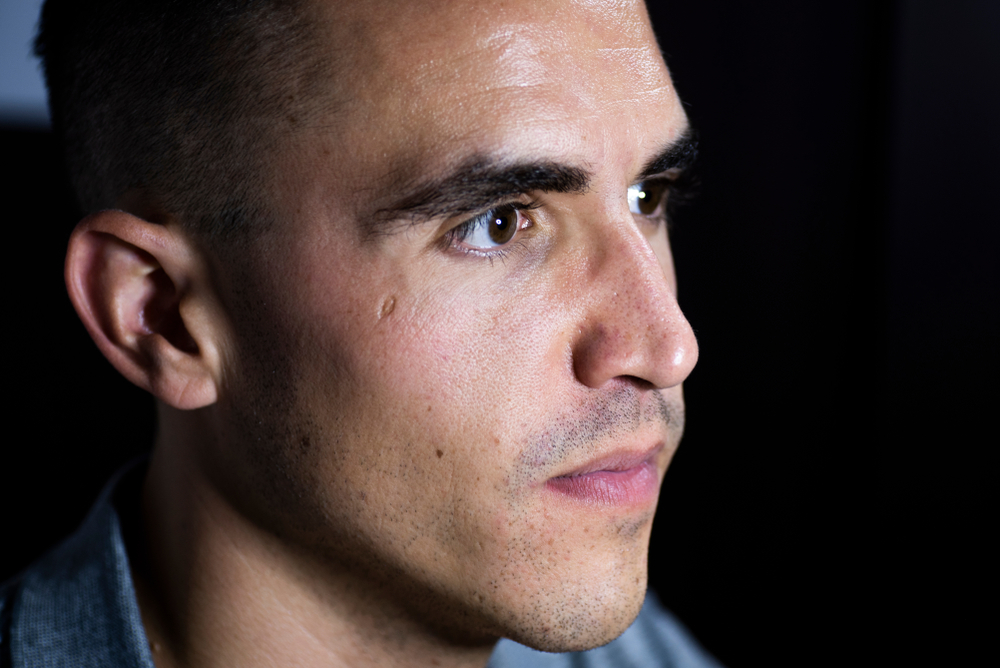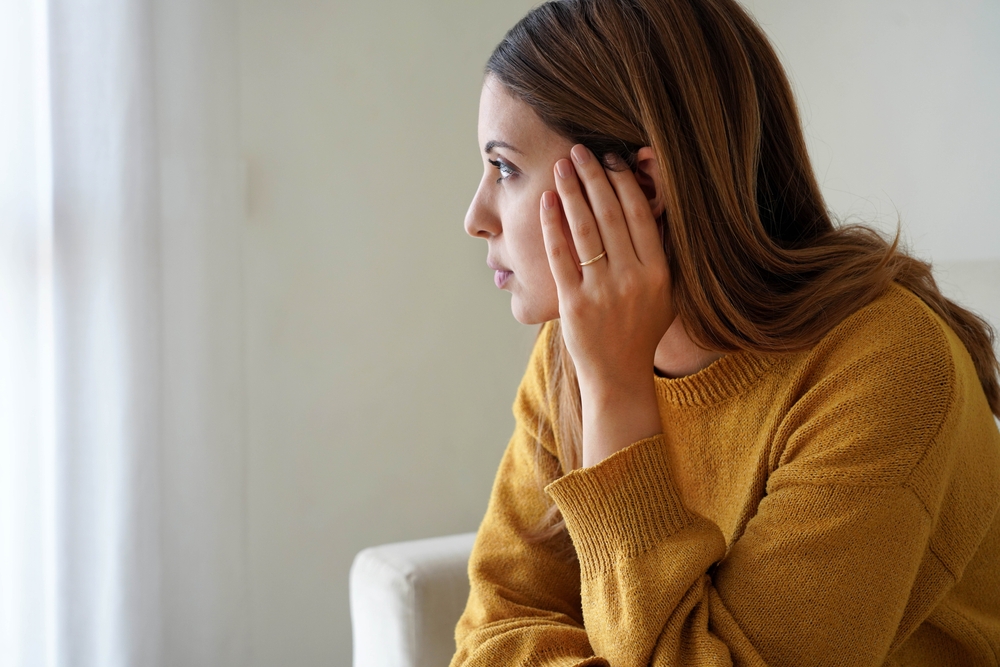Feeling guilty from time to time is normal, but when it becomes a constant thing, it’s a problem. Excessive guilt can overshadow your joy, drain your energy, and prevent you from living your life to the fullest. But it doesn’t have to be this way. There are ways to manage guilt and break free from its grip. Here’s why feeling guilty all the time is a problem, as well as some practical ways to stop.
1. Excessive guilt can lead to depression and anxiety.

Chronic guilt can trigger negative emotions, making you believe you’re inherently bad or unworthy. This can lead to feelings of hopelessness, despair, and anxiety, WebMD warns. Over time, these feelings can develop into full-blown depression and anxiety disorders. To break the cycle, challenge negative thoughts and remind yourself of your positive qualities.
2. Guilt can damage your relationships.

Always feeling guilty can lead to excessive apologizing and avoidance of decisions, creating an imbalance in your relationships. It can also destroy trust and intimacy, making it difficult to maintain healthy connections. Instead, work on open communication and setting boundaries.
3. Guilt can hinder your personal growth.

When you’re constantly weighed down by guilt, it’s hard to focus on your goals and aspirations. You might be afraid to try new things or step outside your comfort zone. Guilt can also prevent you from forgiving yourself for past mistakes, hindering personal growth. Learn to forgive yourself and embrace your imperfections.
4. Guilt can manifest physically.

Chronic guilt can manifest in physical symptoms like headaches, stomachaches, fatigue, or sleep problems, Healthline reveals. In severe cases, it can contribute to chronic pain or weaken your immune system. Taking care of your physical health through exercise and relaxation techniques can help alleviate these symptoms.
5. Guilt can lead to unhealthy coping mechanisms.

When desperate to alleviate guilt, you might turn to unhealthy coping mechanisms like substance abuse, overeating, or self-harm. These actions might provide temporary relief, but ultimately exacerbate the problem. Instead, seek healthy coping mechanisms like exercise, talking to a friend, or journaling.
6. Guilt can be a sign of underlying issues.

Feeling guilty all the time isn’t always a standalone issue. It can be a symptom of deeper psychological problems like depression, anxiety, OCD, or trauma. Seeking professional help can address the underlying causes and develop healthy coping strategies.
7. Guilt can prevent you from enjoying the present moment.

Constantly dwelling on past mistakes or worrying about future outcomes can rob you of the joy of the present. Guilt can make you feel like you don’t deserve happiness, leading to emptiness and dissatisfaction. Practice mindfulness and focus on the present moment.
8. Guilt can hold you back from taking risks.

Living in fear of guilt can prevent you from pursuing your dreams and achieving your full potential. It can keep you stuck in your comfort zone, afraid to step out and try new things. Challenge yourself to step outside your comfort zone and embrace new experiences.
9. Guilt can isolate you from people.

Guilt can lead to withdrawal from social interactions because you’re scared of judgment or disapproval. This isolation can worsen your guilt, creating a vicious cycle of negative emotions and social withdrawal. Connect with supportive friends and family, and don’t be afraid to ask for help.
10. Guilt can prevent you from asking for help.

Believing you’re solely responsible for your problems can make you reluctant to ask for help. However, seeking support is a brave step towards healing. Reach out to a therapist or counselor who can help you process your guilt and develop healthy coping mechanisms.
11. Guilt can lead to self-punishment.

When feeling guilty, you might subconsciously engage in self-punishing behaviors like denying yourself pleasure or setting unrealistic expectations. As Psych Central notes, this just doesn’t work long-term. Treat yourself with compassion and kindness, and practice self-care.
12. Guilt can distort your perception of reality.

Guilt can cloud your judgment and make you blow things out of proportion. You might catastrophize minor mistakes or see yourself as worse than you actually are. Challenge negative thoughts and practice self-compassion.
13. Guilt can hinder your ability to forgive others.

Holding onto guilt can make it difficult to forgive others. Remember, forgiveness is not about condoning their actions, but about freeing yourself from resentment and anger. Practice forgiveness, both for yourself and others.
14. Guilt can prevent you from making amends.

Excessive guilt can paralyze you with fear and shame, making it difficult to take the necessary steps to make things right. Taking action, even if difficult, can alleviate guilt and move forward. If you’ve caused harm, take steps to apologize or make amends.
15. Guilt can be a barrier to self-acceptance and love.

When you’re constantly feeling guilty, it’s hard to accept and love yourself unconditionally. This lack of self-acceptance can lead to low self-esteem and a negative self-image. Remember that you’re human, and everyone makes mistakes. Focus on your positive qualities and practice self-compassion.
16. Guilt can make you overly sensitive to criticism.

When you’re already feeling guilty, any criticism, even constructive feedback, can feel like a personal attack. Try to differentiate between constructive feedback and personal attacks, and focus on using feedback as an opportunity for improvement.
Enjoy this piece? Give it a like and follow PsychLove on MSN for more!




